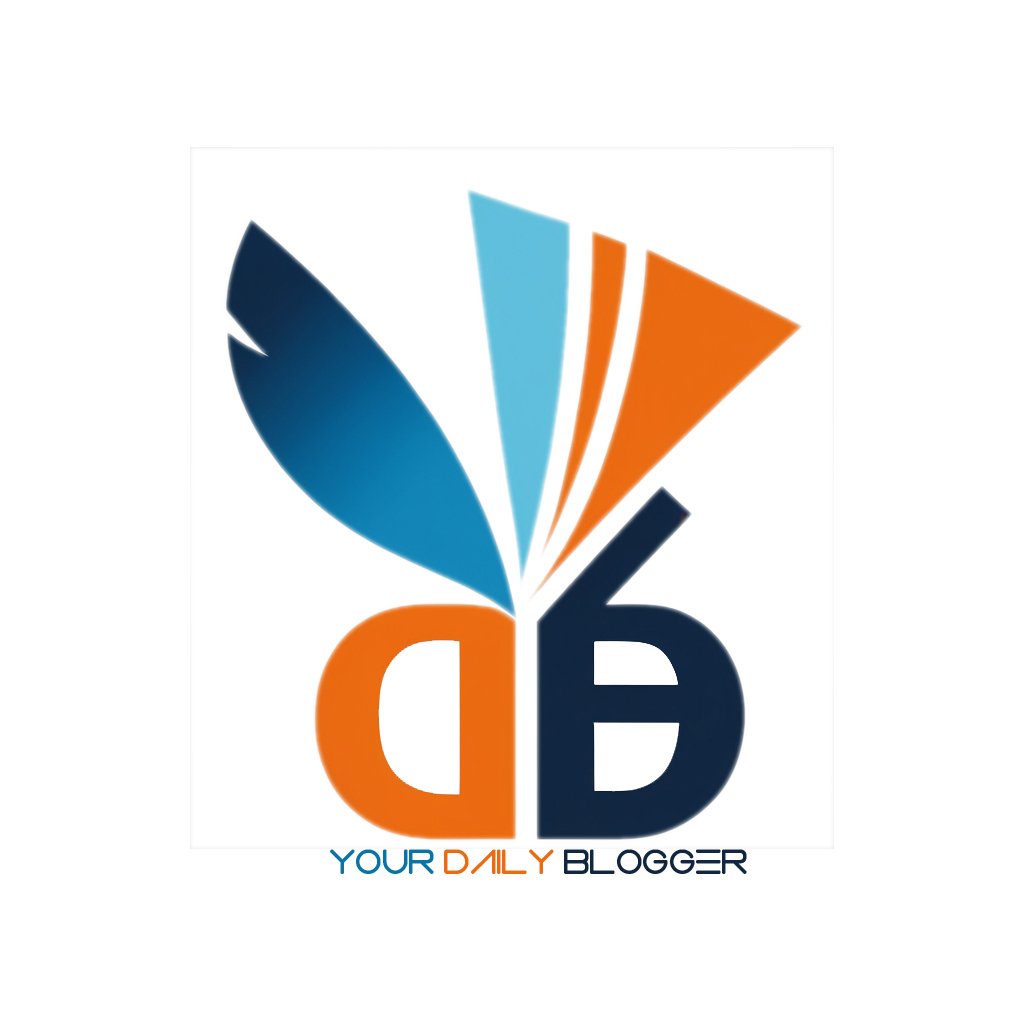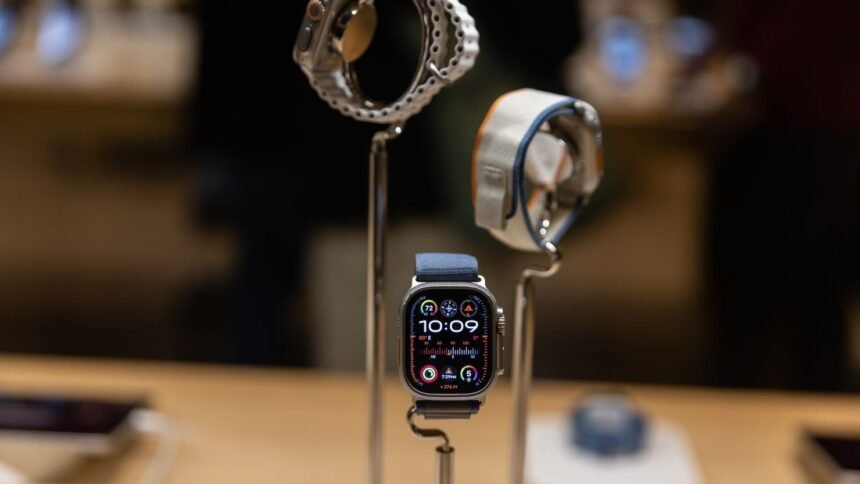Introduction
In a pivotal turn of events, Apple finds itself entangled in a legal battle as it appeals the U.S. International Trade Commission’s (ITC) decision to ban imports of its watches. The ban, triggered by a complaint from medical monitoring technology company Masimo, has stirred controversy, prompting Apple to take swift action.
The Genesis of the Dispute
Masimo accuses Apple of a litany of transgressions, including the alleged hiring away of its employees, theft of pulse oximetry technology, and its subsequent incorporation into the immensely popular Apple Watch. The crux of the matter revolves around the technology used in reading blood-oxygen levels, a feature introduced by Apple in its Series 6 model back in 2020.
Apple’s Countermove
Unyielding in its stance, Apple has swiftly filed an appeal and an emergency request with the U.S. Court of Appeals for the Federal Circuit. The tech giant seeks to halt the ban until the U.S. Customs and Border Protection evaluates redesigned versions of its watches for potential patent infringement. The customs office is expected to deliver its verdict on January 12, marking a crucial juncture in this legal saga.
Upholding the Ban
Despite Apple’s concerted efforts, U.S. Trade Representative Katherine Tai has chosen not to reverse the ban, solidifying the ITC’s decision. The ban, effective since December 26, has prompted Apple to take decisive steps to expedite the return of its watches to U.S. customers.
Apple’s Response
In a statement, an Apple spokesperson expressed vehement disagreement with the USITC decision, emphasizing the company’s commitment to overturning the exclusion order. Apple is leaving no stone unturned in its pursuit to make the Apple Watch Series 9 and Apple Watch Ultra 2 available to U.S. customers at the earliest.
Unusual Legal Landscape
The ITC’s denial of Apple’s request to pause the ban during the appeal process is noteworthy. Legal experts speculate that while companies typically settle such disputes, Apple’s decision to contest the ban rather than settle is unusual. Nicholas Matich, an intellectual property attorney, opines that the high-profile nature of the product in question and Apple’s strategic choices contribute to the extraordinary nature of this legal standoff.
Potential Lengthening of the Verdict
Stifel analysts predict that an Apple appeal could extend the final ITC case verdict by approximately another year. Apple, in a surprising move, has temporarily halted the sales of its Series 9 and Ultra 2 smartwatches in the United States. However, these watches remain accessible through various retailers, including Amazon, Best Buy, and Walmart.
Impact on Apple’s Business
The ban, as it stands, does not affect the Apple Watch SE, a more budget-friendly model, ensuring its continued availability. Apple’s wearables, home, and accessory business, which encompasses the Apple Watch, AirPods earbuds, and other products, generated a substantial $8.28 billion in revenue during the third quarter of 2023, according to the company’s report.
Historical Context
This situation draws parallels with past disputes involving the ITC. Notably, a presidential administration has not vetoed an ITC ruling since 2013, when President Barack Obama’s administration overturned an import ban on Apple’s iPhones and iPads in the patent dispute with Samsung. The Biden administration’s decision not to veto a separate import ban on Apple Watches earlier in February underscores a consistent approach to such matters.
Conclusion
As Apple navigates the complex legal terrain, the implications of this ban on its multi-billion dollar wearables business are significant. The outcome of the appeal and the subsequent decisions by U.S. Customs and Border Protection will shape the future landscape of wearable technology and intellectual property rights.









